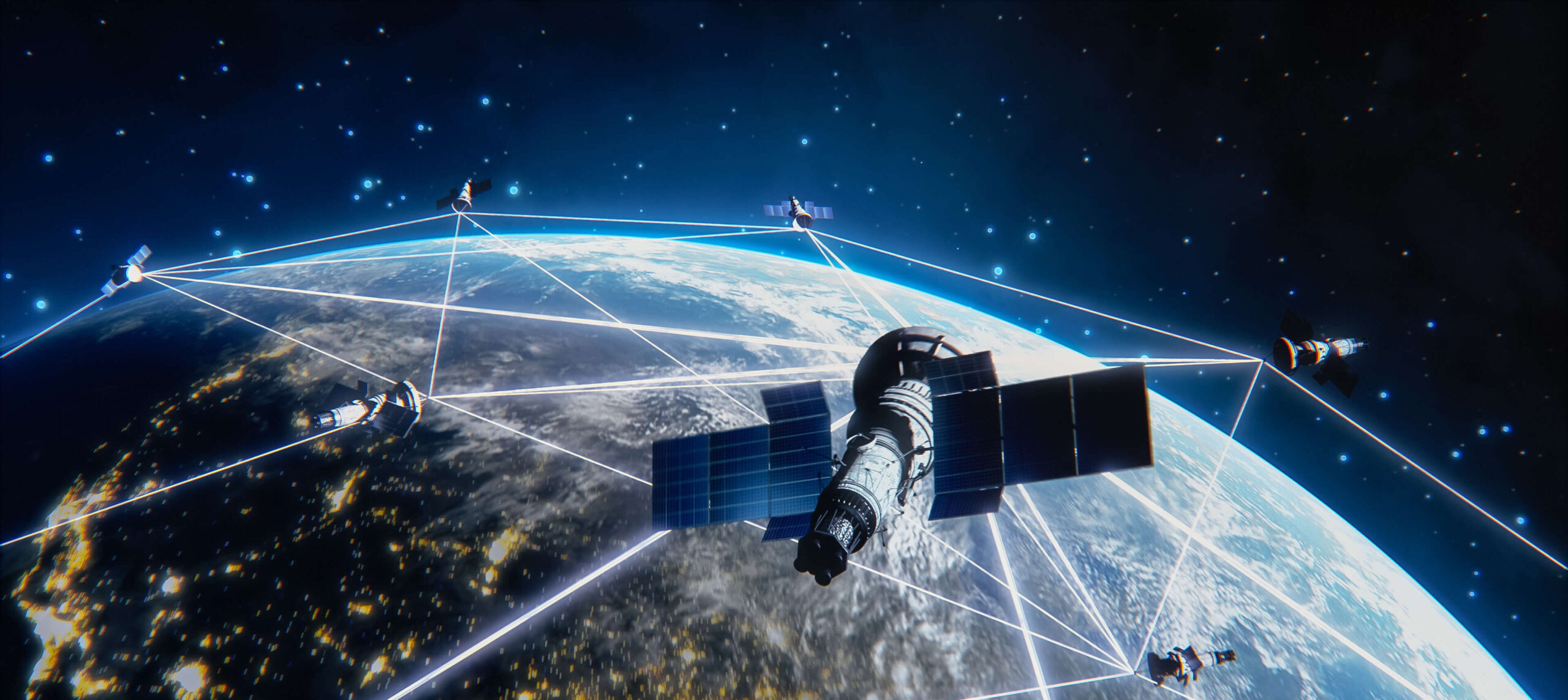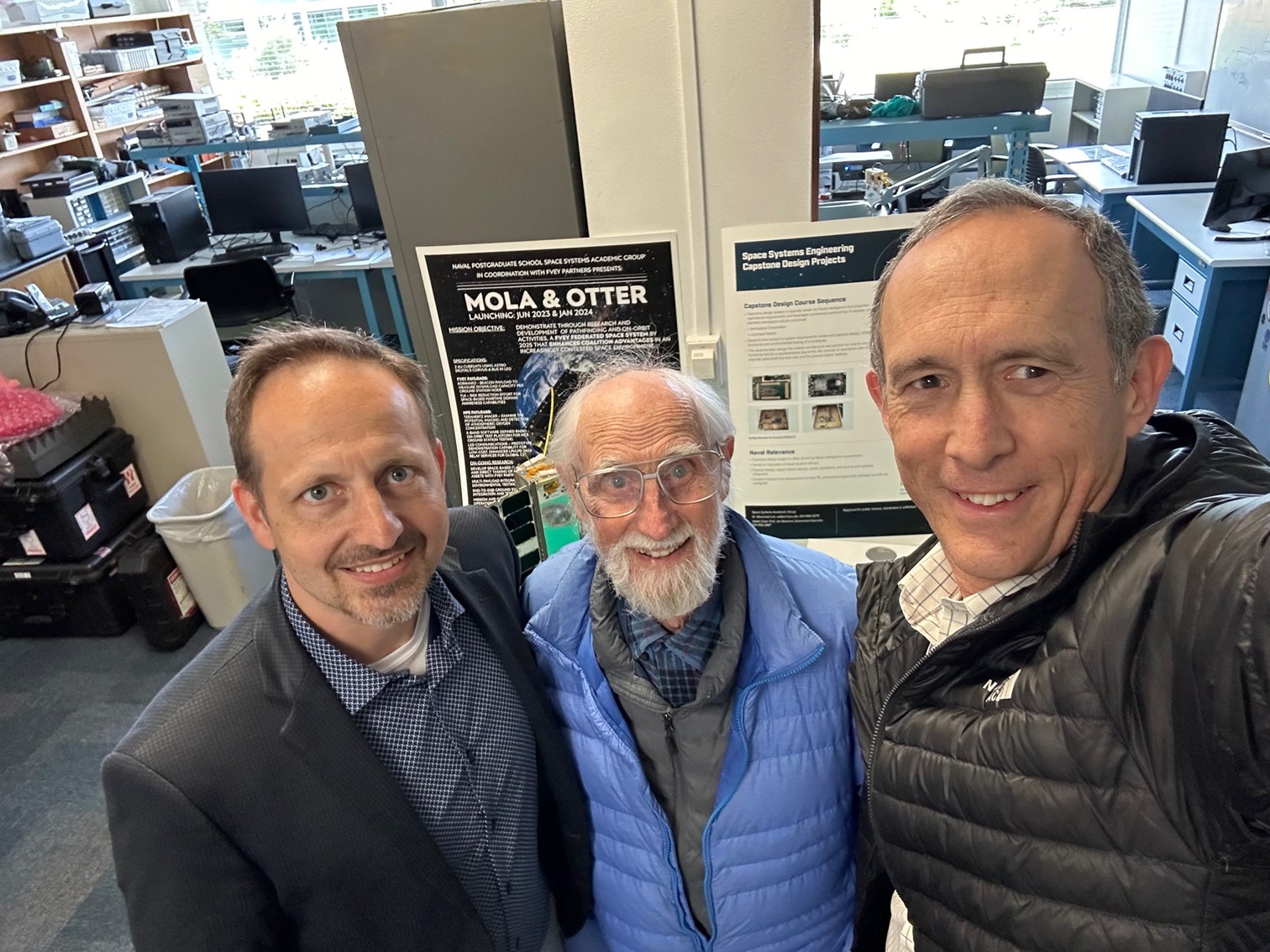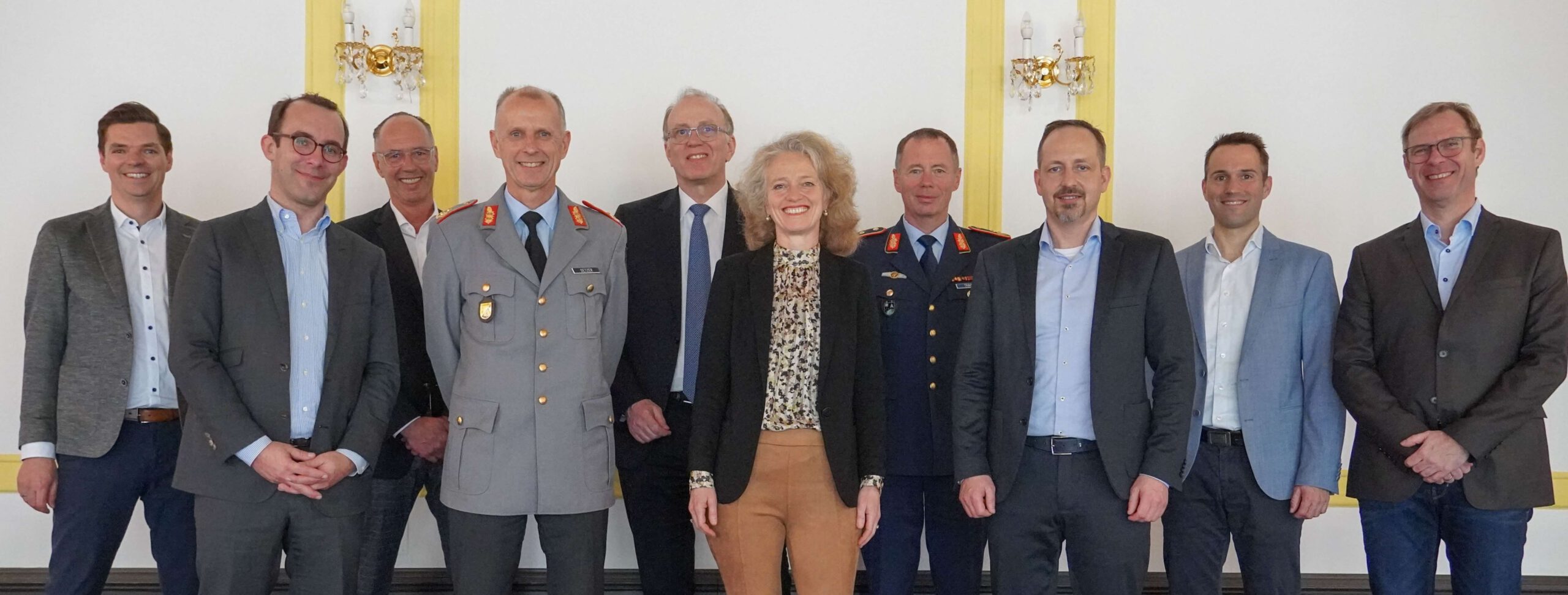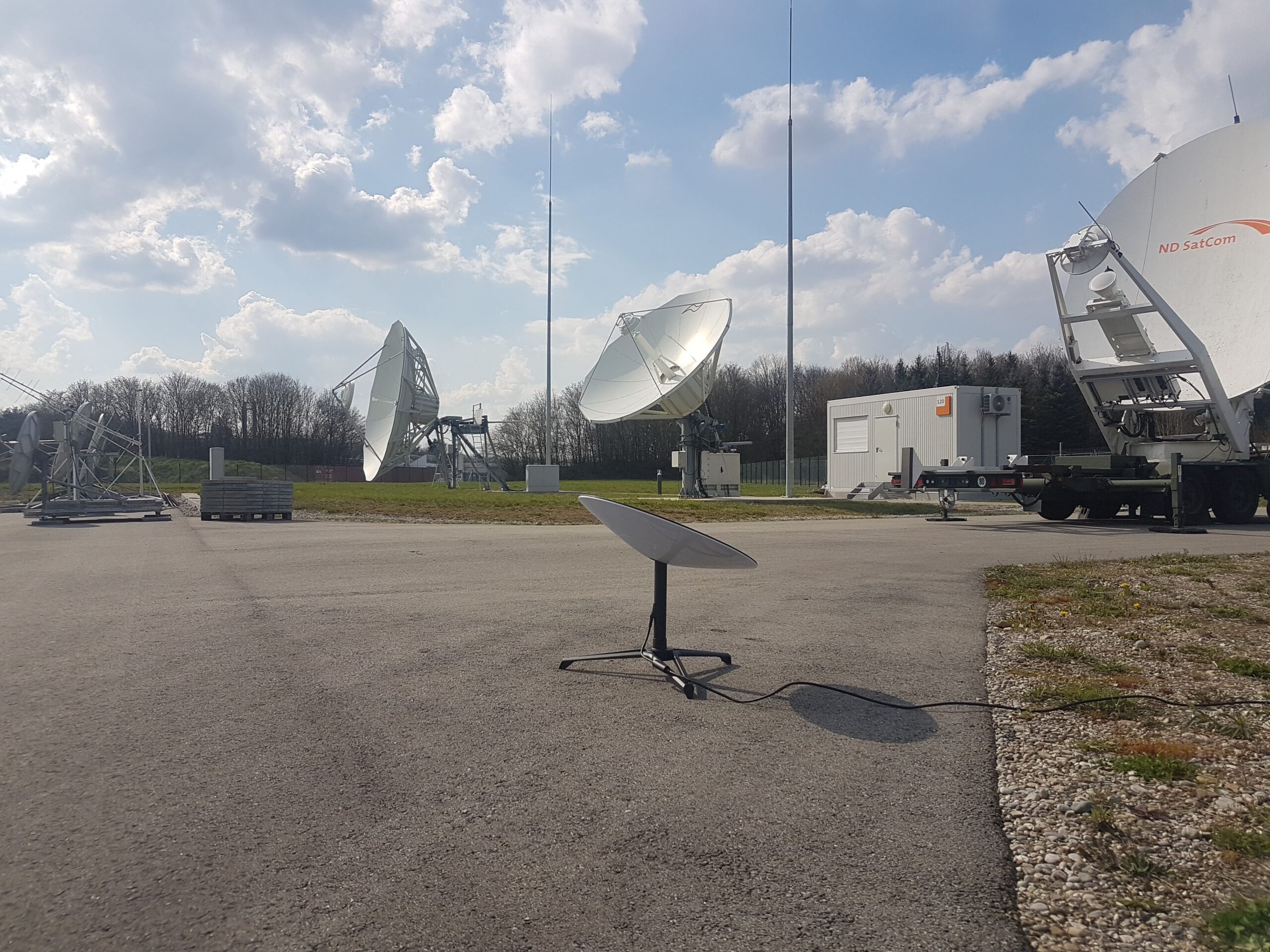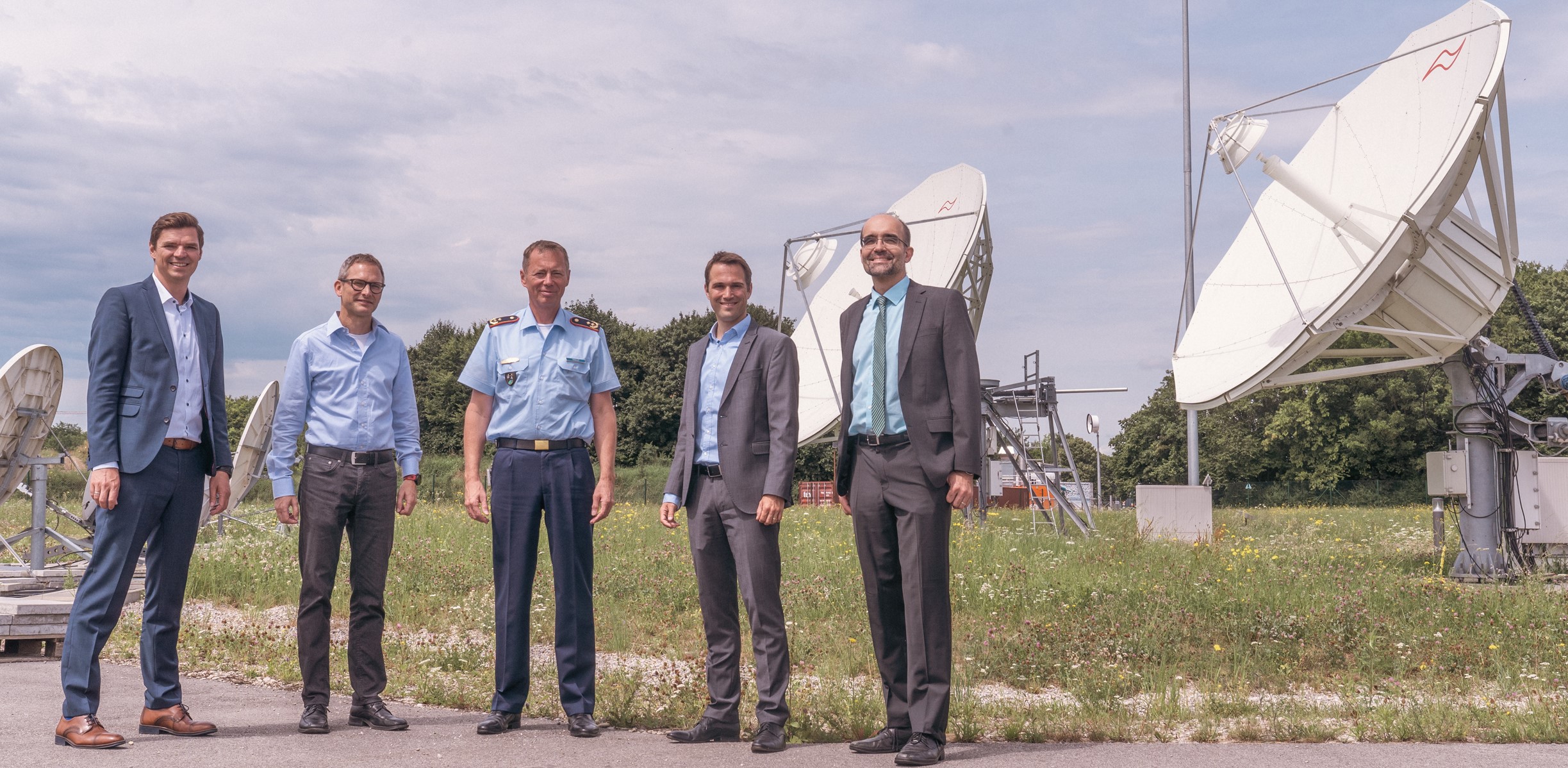July 2022: “Satellites do not fly – they are in free fall!”
says Prof. Dr. Roger Förstner, speaker of the SPACE research center at the Universität der Bundeswehr München
- So, how fast does such a satellite have to be in order not to fall back to earth, but to circle it again and again? 5,000, 10,000 or maybe even 30,000 km/h?
- How much horsepower does a 750-ton rocket have at launch? 30 thousand? Or rather 30 million?
- What is the 1st cosmic velocity?
- How does a space mission work and what does a satellite need?
Satellites are survivors
… because they are exposed to extreme space conditions such as strong temperature fluctuations or space debris!
It is estimated that there will be up to 400 launches per year in 2030. The search for green, climate-friendly propellants, sustainable satellite construction, as well as key technologies in the fields of communication, earth observation and navigation will become more and more important. These are all topics that the SPACE research center – including SeRANIS – is dealing with.
Answers to all kinds of questions about satellites, facts about astronomy, interplanetary missions and information about the development of our own space mission at the Universität der Bundeswehr München – SeRANIS – will be given by Prof. Dr. Roger Förstner in his guest lecture “Upwind? The Race to Space. Current Research” (only in German) from 07/13/2022 at the Volkshochschule Vaterstetten e.V.:
https://www.youtube.com/watch?v=JKzpLYZJ9hY
Prof. Förstner is a researcher and speaker of the FZ SPACE at the UniBw M as well as one of the leading professors in the SeRANIS team. He has long been involved in unmanned spaceflight issues and has worked on interplanetary missions in the past.
